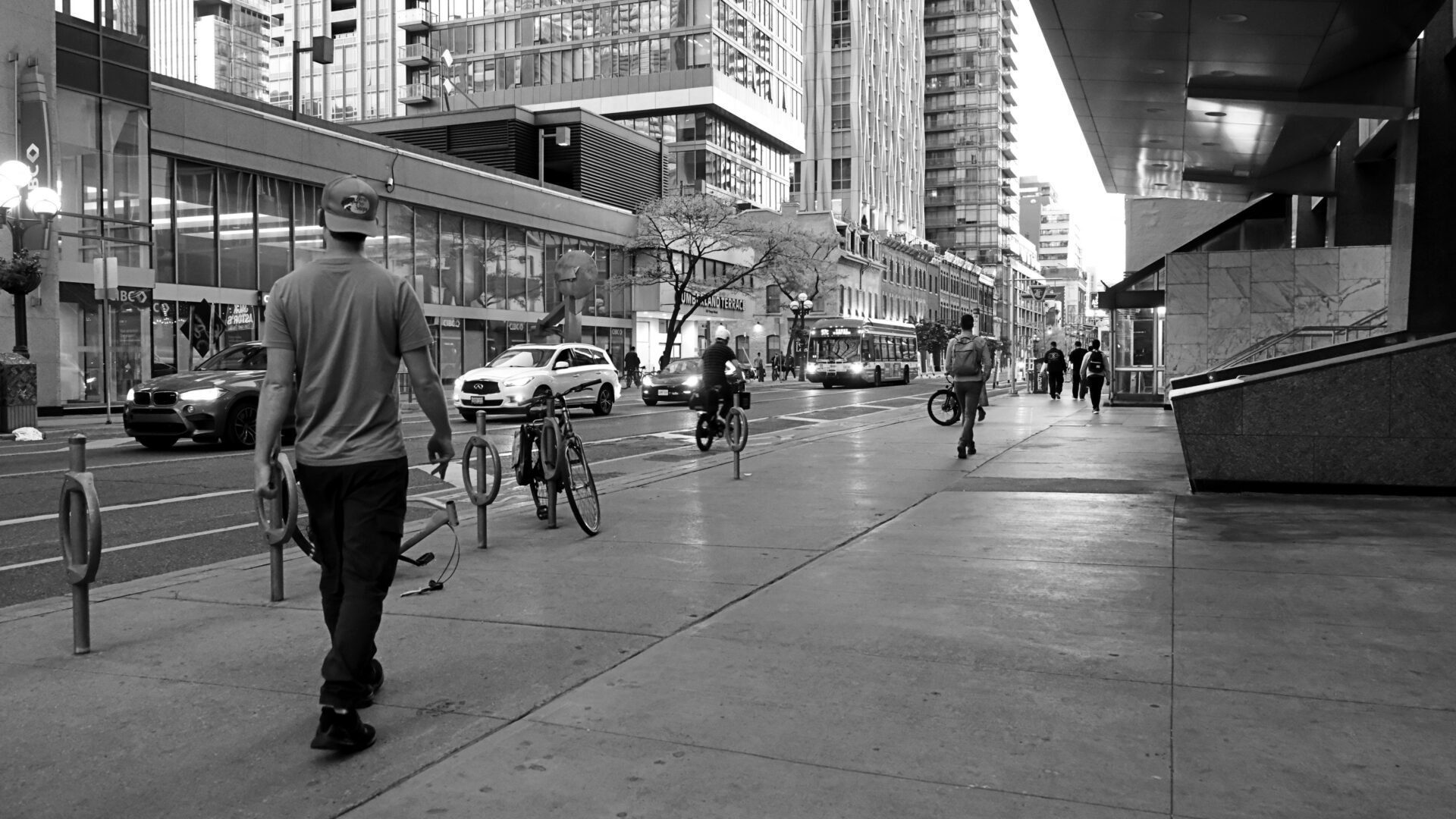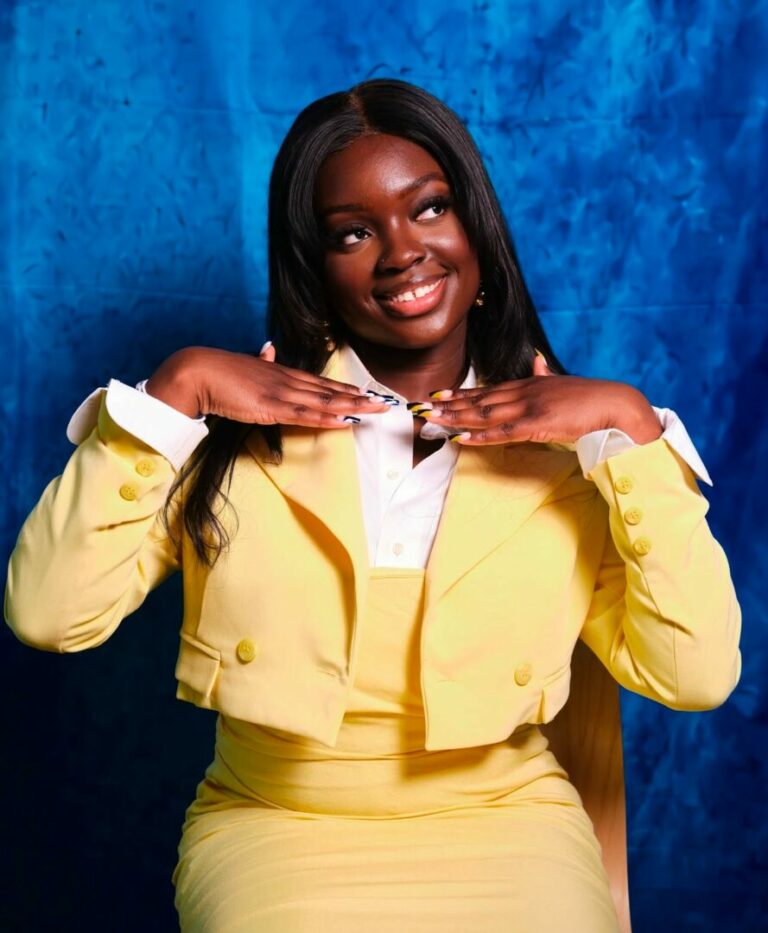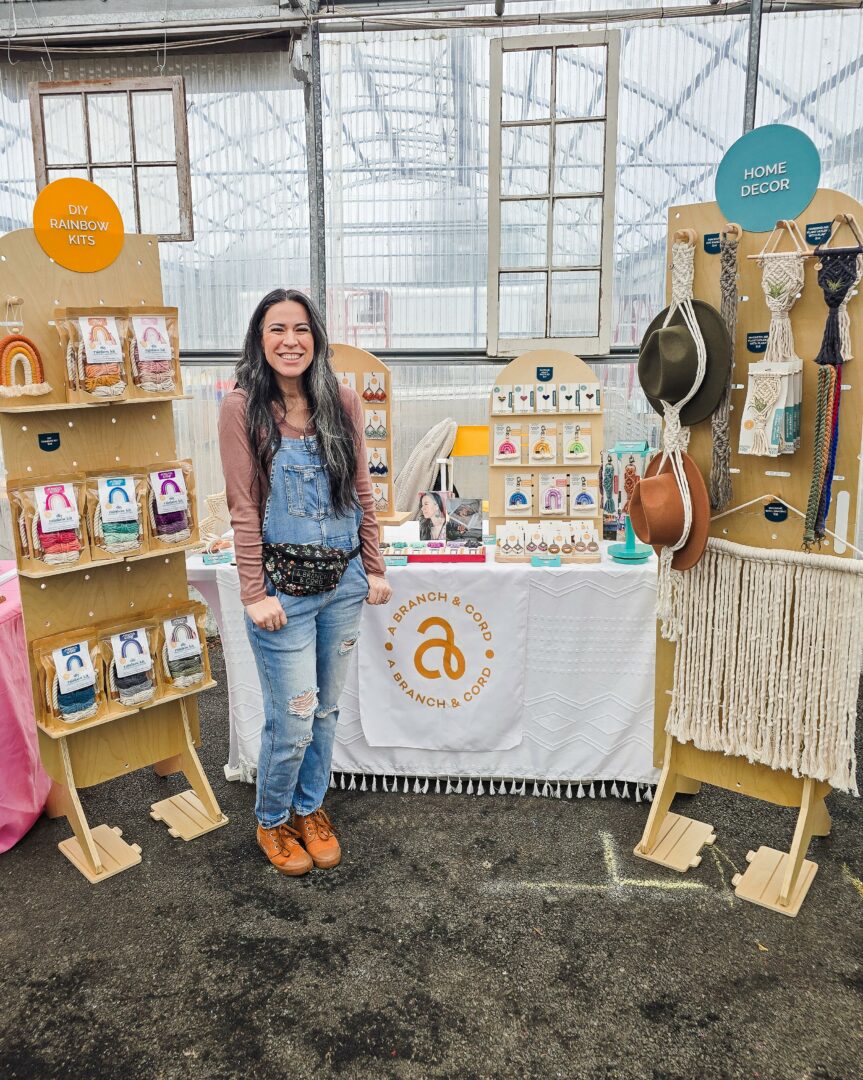We were lucky to catch up with Stephen Graham King recently and have shared our conversation below.
Hi Stephen Graham, you’ve got such an interesting story, but before we jump into that, let’s first talk about a topic near and dear to us – generosity. We think success, happiness and wellbeing depends on authentic generosity and empathy and so we’d love to hear about how you become such a generous person – where do you think your generosity comes from?
That’s an easy one. My parents. They lived through World War II and the Blitz in the UK before emigrating to Canada in 1950. And when they arrived, they had nothing. There were many times that they only survived because people who had just met them were kind to them and helped them. And they never forgot that. The modelled that behaviour to me and to my sisters. I remember a time when I was a kid. We’d been out at the lake camping and it rained and was miserable all weekend. There was a young couple in a tent in the next site over and they’d had a rough weekend. My parents invited them back into town to our house for lunch and to use the shower before they went on their way. And I think that was the first time I heard them say “You don’t have to pay us back. Someone, someday will need your help. Help them when the time comes.” I learned the concept of “Pay it forward” before it entered popular culture. That was who they were. My friends were alway welcome in our home, and were always treated kindly. I think also, though, as I lived my own life, I discovered something further. That the more I gave kindness an support to the people around me, the more I encouraged them with their own writing or art, the more I did what I could to ease their path, the more capacity I had within me to be kind, to be generous. And I surrounded myself with people who lived the same way, so we were always buoying each other up and helping each other through, So the well has never run dry for long. There’s always been some wellspring that feeds the fire once again.


Great, so let’s take a few minutes and cover your story. What should folks know about you and what you do?
I have been a science fiction fan since discovering Star Trek with my sisters at three years old. That life long love inspired me to write stories of my own. Further inspired by the indie queer film movement of the Eighties, I made it a point about a future where queerness was never the problem. I have written a standalone novel, Chasing Cold, and the five books of my Maverick Heart series, about a ragtag band of queer, found family adventurers who always manage to find a way to save the planet or, in some cases the universe. All the while having a grand old time. They are truly an expression of the person I am and the future I hope we can achieve someday.
I’m also a photogragher, mostly black and white, mostly street, but lately I’ve had the urge to branch out into all kinds of other things, I want to photograph drag queens and fashion and nudes and pretty much everything. I’m even drifting into colour, though my true love is black and white. I love stripping away that layer and getting to the light and the shade and the shape. Taking away all of our preconceived notions that we’ve attached to colours. We live in such a high intensity, high saturation world. I love taking a step back from that and looking in a new way.
I feel like I look at everything in the mode of an artist. I see the shapes and shadows, the colours. The way things can go together in a pleasing, and often more beautiful way.


Looking back, what do you think were the three qualities, skills, or areas of knowledge that were most impactful in your journey? What advice do you have for folks who are early in their journey in terms of how they can best develop or improve on these?
Oh, wow. That’s a tough one. I have a good eye. I can look at things and know what I think works and what doesn’t. I started taking pictures with my phone and took a lot of terrible ones. But I gradually trained my eye to see in that new way. I’m also really willing to learn. I love getting feedback from people I trust on what I’m writing or shooting. But I also don’t automatically accept it. I examine it and see if it’s something I need to work on, of it it just highlights that I’m not getting my point across and I have to find a way to make it clearer. I also have a pretty strong sense of self. I know what I’m aiming for, what I’m trying to do and put out into the world. So the big question is always “Am I succeeding? Am I accomplishing what I set out to do.”
As for advice? So many things. Just do the thing. Take photos, even if all you have is a cheap camera or your phone. Write the story, the book, the poem. Pick up the paints. Just dive in. And don’t criticize yourself for not being a master. Every artist is learning as they go. Every piece is a little better than the last. If you let it be. Study what others do. If you want to write, read. If you want to paint, go to galleries. If you want to take photos, study what other photographers do. Not to copy, but to just take it in. Then just try for yourself. Take it all in, and then forget it and do your own thing. Let yourself absorb it all, and then guide you unconsciously as you chart your own course. Let yourself be you. Even if no one gets it at first, do the thing you need to be doing, the thing you feel no one else can do. The thing that is the most you.


What would you advise – going all in on your strengths or investing on areas where you aren’t as strong to be more well-rounded?
I think it’s a mistake to look at this and many other things as a binary. Absolutely go in on your strengths. Learn what you’re good at and use that. Develop your skills and know what you can do with them. But I think it’s also incredibly important to know what you’re not as good at and to work on those aspects as well. I think there’s an important cross-pollination that can happen if you let it. Working on the things you’re good at can illuminate how you can improve the things you may not be as strong in. And vice versa, pushing your way through your weaknesses to find ways to compensate for them, or get better at them, will make you better at the act as a whole.
One of the things I love about writing and working with a publisher is the editing process. I love seeing what the editor has to say, what they feel isn’t working or needs improvement. It helps me see the tics or bad habits I have, and also to see how I can make my point if the editor isn’t seeing what I was trying to do. That pushes me to be better.
Similarly, I went through a painting phase in the early 2000’s. Acrylics in big, bold canvases. But they were in monochrome. I would work from a black and white image, but render it all in tones of one colour. In the end, it didn’t suit me and I wasn’t that great at it, but I think it led me to photography, which suits my temperament much better. But those lessons I took from painting, about composition and light and shadow, let me springboard into taking black and white photos.
Contact Info:
- Website: https://stephengrahamking.com/
- Instagram: https://www.instagram.com/stephengrahamking/
- Facebook: https://www.facebook.com/stephenwritesbooks
- Other: https://bsky.app/profile/stephengrahamking.bsky.social
https://wandering.shop/@stephengrahamking
https://www.flickr.com/photos/streetpicsteve/


Image Credits
All images by Stephen Graham King
so if you or someone you know deserves recognition please let us know here.




